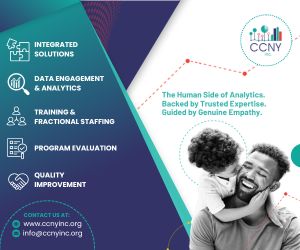Coordinated Intervention For People With Type 2 Diabetes Linked To 23% Higher Prescription Rates Of Medications To Prevent Cardiovascular Disease
Cardiology practices that provided a multifaceted intervention for consumers with type 2 diabetes and atherosclerotic cardiovascular disease were 23% more likely to prescribe a group of three evidence-based therapies than practices that provided usual care. At the practices that received the intervention, 37.9% of consumers with type 2 diabetes and cardiovascular disease were prescribed the three therapies, compared to 14.5% at the usual care practices.
The three therapies are: high-intensity statins, angiotensin-converting enzyme inhibitors (ACEIs) or angiotensin receptor blockers (ARBs); and sodium-glucose cotransporter 2 (SGLT2) inhibitors and/or glucagon-like peptide 1 receptor agonists . . .

